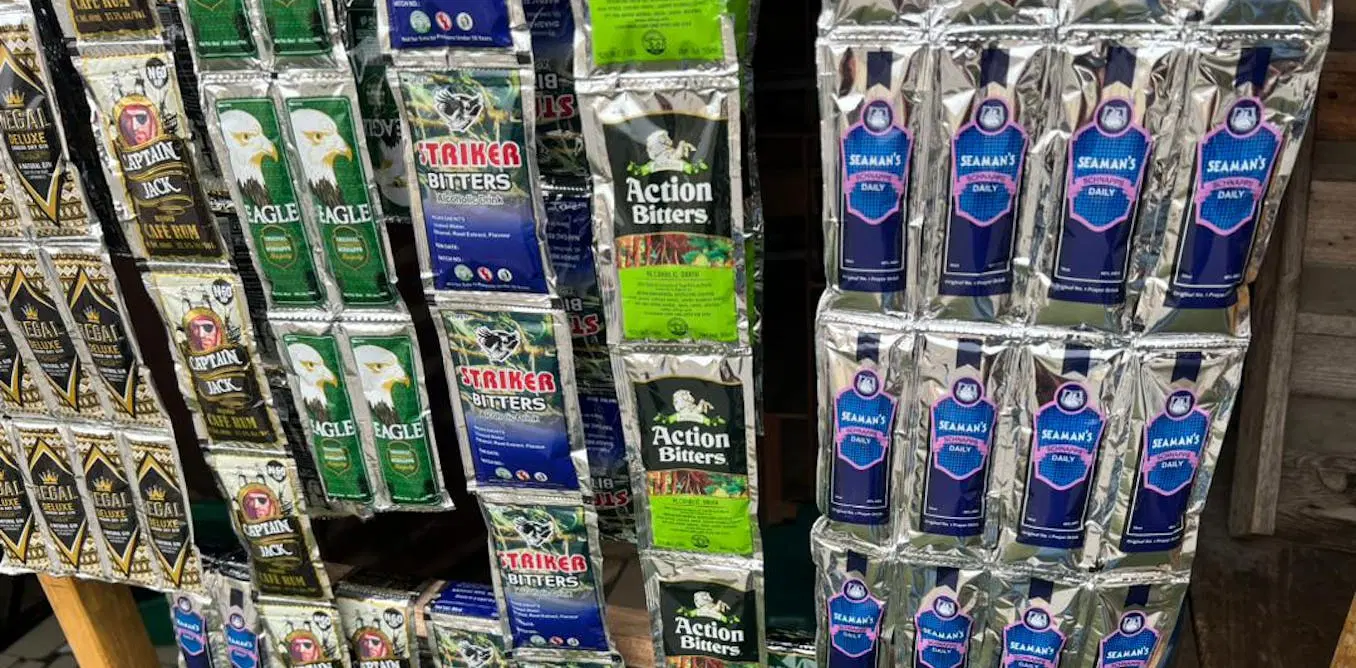The Nigerian Ports Authority has obtained approval for a 15% tariff increase, marking the first adjustment since 1993.
It said the decision is driven by the need to upgrade infrastructure and equipment, ensuring Nigerian ports remain competitive with global standards.
This was disclosed by
Managing Director of NPA, Dr Abubakar Dantsoho, on Thursday in Lagos during a stakeholders’ engagement for the approved 15 per cent NPA tariff increment.
Dantsoho emphasized that port authorities worldwide rely on operational revenue to fulfill their responsibilities.
He noted that global port ratings and competitiveness, which influence international trade decisions, are based on how effectively these responsibilities are managed.
He pointed out that amid global economic challenges and intense market competition, this long-overdue tariff review is essential for Nigeria to regain lost cargo handling business.
He emphasized that the move would also restore associated benefits, including job opportunities, previously lost to neighboring maritime nations.
The NPA boss attributed the issue to unreceipted costs resulting from excessive human interface, bureaucratic hurdles, and overlapping functions.
He stressed that the absence of a Port Community System and a National Single Window has perpetuated this misconception.
“Although long overdue, a quick win benefit of the NPA’s tariff review for stakeholders is the immediate boost it gives to the authority to fast track the commencement of actual works on its concluded port reconstruction and modernisation plans,” he said.
He explained that the tariff review ensures the necessary funding for acquiring and swiftly deploying the ICT infrastructure for the Port Community System which is a key step toward implementing the National Single Window.
Dantsoho also mentioned that the tariff review would boost revenue generation, enhancing the authority’s ability to carry out essential maintenance. This includes efforts to improve eastern ports, such as the reconstruction of the collapsed Escravos breakwaters and addressing challenges at Rivers, Onne, and Calabar ports.
Commenting on the development, the Head of the Department of Shipping and Terminals at the National Association of Government Approved Freight Forwarders, Mr Ukochukwu Nnadi, stated that the 15% increase in port tariffs would result in higher business costs across the country.
“Definitely it will add to the cost of doing business because every kobo added to doing any particular thing, no matter what the thing is, will be passed to the customers, and the customers in this case are the stakeholders.
“As the NPA wants to add cost, even if it’s a kobo to their changes to the operators, it will be passed to customers sooner or later; it is as easy as that. So it is going to add to the cost of doing business,” Nnadi stated.
Also speaking, the National Protocol Officer of the Association of Nigerian Licensed Customs Agents, Mr Riwane Amuni, noted that the tariff hike would contribute to the rising cost of doing business.
“will definitely add to the cost of doing business because it is an additional tax on the masses. But the reason people are not really talking about this is because it has been a long time since they increased tariffs. That’s why the noise is not much.
“But all things being equal, it is still an additional cost. Because all these things you are seeing, like the additional tariff or input, will tell on the customers because whatever the importers spend they will put it on the masses,” he said.
The NPA however clarified that the tariff increase would not impact item rates such as throughput fees, lease fees, rents on NPA properties, MOWCA levy, service boat operations, or hourly towage and mooring charges.










